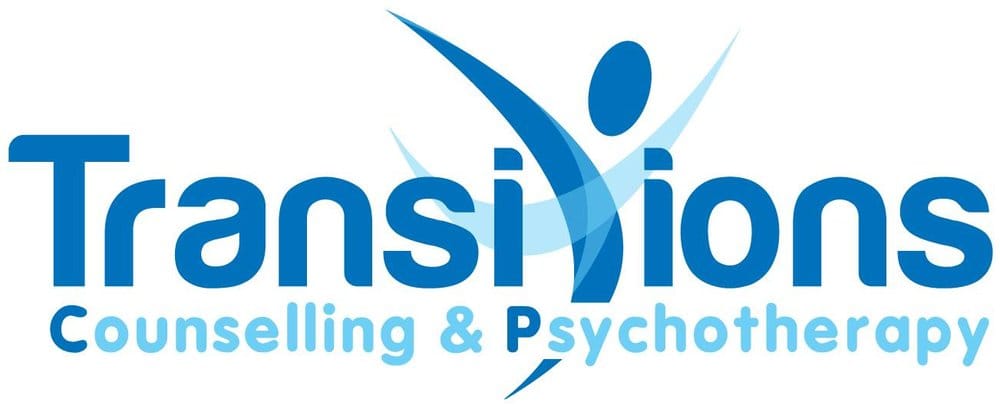Cognitive Behavioural Therapy
CBT looks at the roles that Thoughts, Emotions and Actions have in our life problems. On the actions side, CBT involves identifying specific activities likely to be helpful in overcoming a problem. Sometimes this involves lifestyle changes, such as physical exercise, sleep scheduling, dietary management, and goal-setting. Sometimes it requires training and practice in developing skills, like assertiveness or physical relaxation. Sometimes it involves gradually overcoming the avoidance of feared situations.
The thinking side of CBT involves identifying thoughts that may be causing the difficulty being experienced. Becoming aware of these thoughts (which are often automatic and outside awareness) allows them to be evaluated for their truth or usefulness. The person can then consider other ways of thinking that may be more helpful.
Many challenges are the result of distressing emotions. CBT suggests that much of our emotional experience comes from the way that we understand events. For example, our interpretation of the meaning of a rise in heart rate, “Is this normal or am I having a heart attack?”, will do a lot to determine our emotional reaction. As well, distress often results from our rejection of emotional experience, “The fact that I’m anxious means that I am a failure”. Examining and altering our thoughts, and gradually approaching situations that we fear, can be very helpful when working with emotional difficulties.
Difficult life events can also have a major impact on our ability to cope. Life challenges can build up and become overwhelming. CBT emphasizes strategies to work on difficult life situations and gradually overcome these challenges, as well as identifying ways of thinking about these situations that are more helpful. However, no problem appears just on its own. Our life history influences our vulnerability to a variety of emotional problems. Understanding historical influences and how they play out in the present can be enormously helpful in making the best use of our strengths.
Mark Giesbrecht had training in CBT during grad school as well as post Master’s training with both David D. Burns, M.D. and CBT Specialist Randy Patterson, PhD. Mark continues to engage in ongoing training opportunities in CBT and finds that he practices both from a cognitive orientation (e.g. cognitive restructuring) and a behavior orientation (in vivo exposure therapy). CBT has been an integral part of Mark’s practice since 2001.
Contact Mark Giesbrecht today to start CBT.

